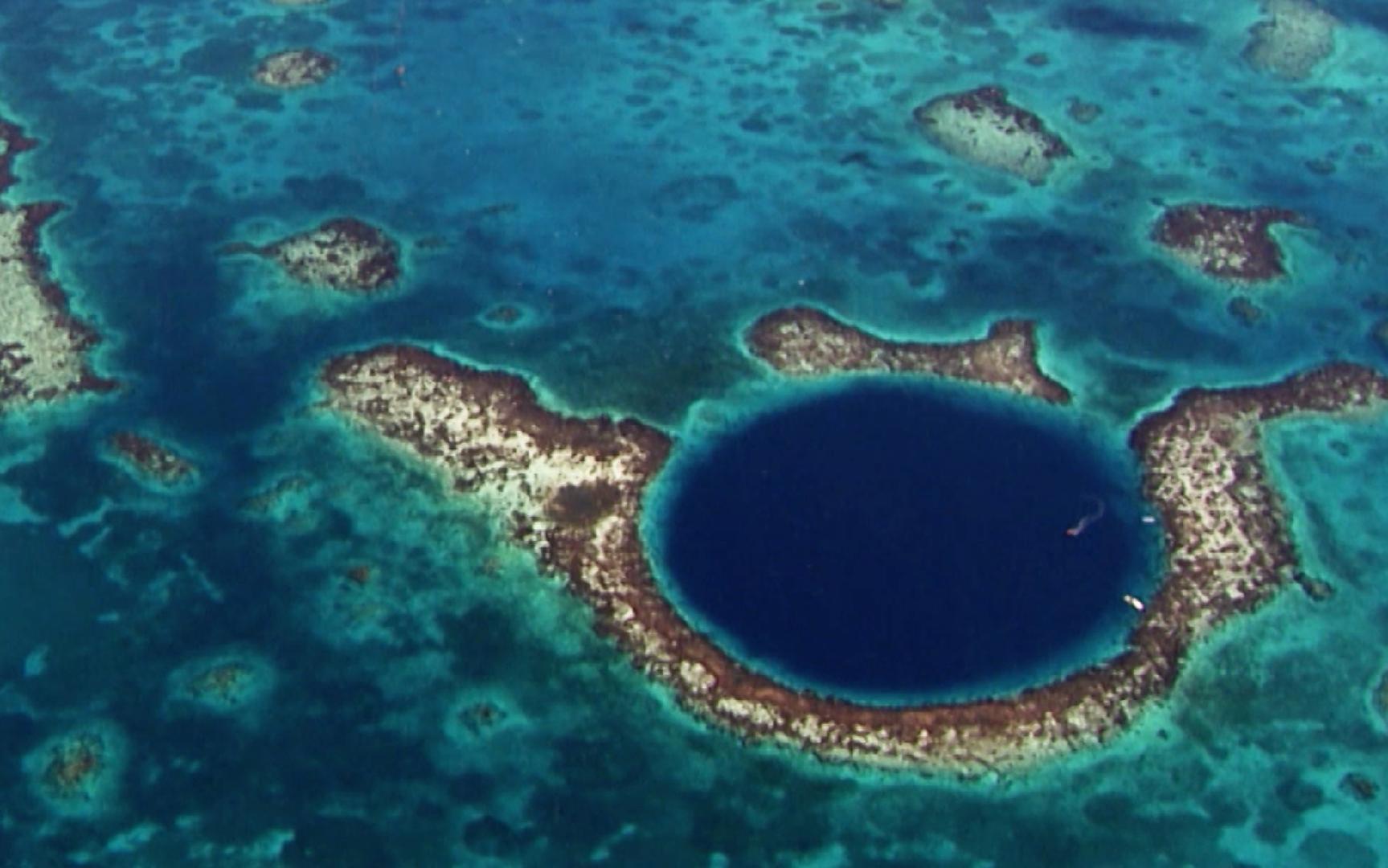Several types of research have been conducted to ascertain the extent of damage made by increasing water temperature and bleaching events, As per a new study, The Great Barrier Reef off the coast of Australia which has been subjected to bleaching has seen two of such events in just two years which have sparked widespread die-off of several varieties of corals residing in the giant reef.
Based on the data obtained back in 2016 when northern areas[of Great Barrier Reef] were hit by heat waves and bleaching event, researchers undertook the task to contemplate the extent of damage caused by higher water temperature. They mapped heat waves patterns of more than 1,400 miles of the reef so that they can observe which coral species have been dying over the years due to various bleaching events.
The study suggests that these and in fact, all other reefs worldwide have been affected by marine heat waves which are caused due to increasing global temperature aka global warming. These events are fairly dangerous for coral species as it has ignited the number of die-off of these species, especially those which are temperature-sensitive and cannot withstand the increasing temperature. Researchers assert that these back-to-back bleaching events are far more damaging than it was expected below.
The research indicated that about 29% of the total 3,863 reefs in the giant coral reef system of The Great Barrier Reef has collapsed and damaged. The research paper published in the journal Nature on April 19 provides a detailed map based on previous research of 2016 when U.S. and Australian scientists undertook the mantle to survey the reef system using various techniques.
Researchers found out that some of the corals collapsed due to a lower level of heat stress where the levels are far less than expected earlier. Mark Eakin, chief scientific advisor at NOAA’s Coral Reef Watch states that these corals subjected to lower levels of heat stress died because they were never exposed to it. Located in the northern area, these corals died off at much lower heat waves than others located elsewhere. The increasing water temperature has already killed all the algae found on the coral reefs leaving only flattened and pale colored corals in the vicinity.
Eakin indicated that these bleaching events show the mortality of these corals from heat stress and would decide who lives and who doesn’t in the coral communities. The results – corals which are rigid, slow grower, rugged and tougher tend to live subjected to higher water temperature compared to those other corals which are a fast grower. The coral species which are classified as fastest growers usually take around 10 to 15 years to recover, however, on the other hand, mature and slow-growing corals can take up to decades or even centuries to recover entirely.
The study discusses the probability of corals to bounce back to its original state before another bleaching event arrive. Although it takes around six years for such events to occurs, global warming has surely sped up the process and it is expected to come faster than up to which leaves an important question, will the corals have enough time to recover? In the near future, colorful and vivid, vibrant coral species which aren’t heat-sensitive will extinct completely giving way to less diverse rigid and pale colored mature coral species that will be more heat-tolerant and can withstand the growing water heat temperature.
The event will create ripples since fishes, crabs worms, shrimps and other species which are attracted to diverse coral reefs will not appear. This will result in less diverse and simple coral reefs around the world. For now, researchers are trying to evaluate the extent of damage made by bleaching event that took place in 2017 which affected the southern areas of the giant reef system. The team is also looking for the damage made in the areas affected by both the events.
